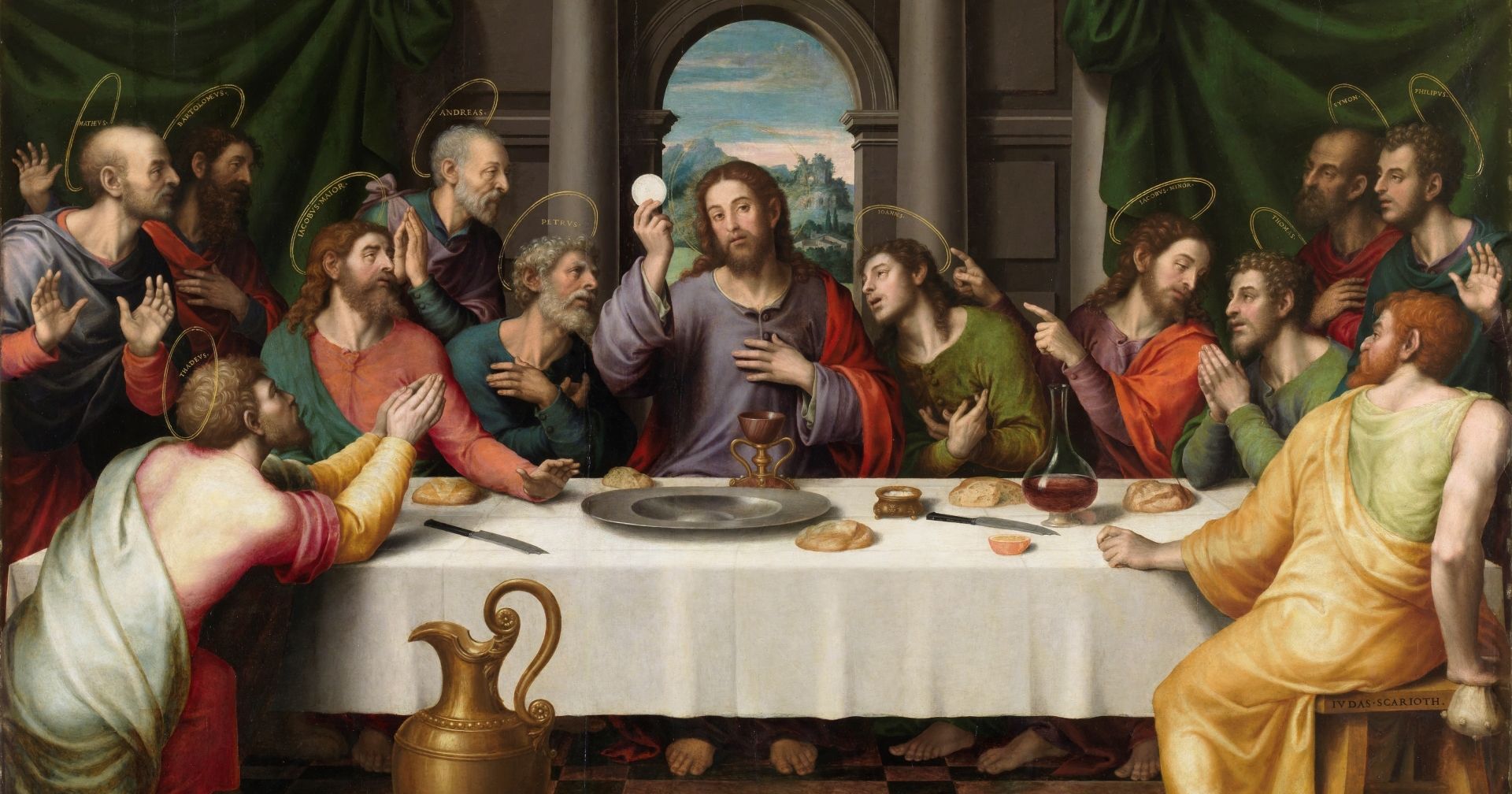Homily for the Fifth Sunday of Lent April 6, 2025
Compassion Wins Out.
It was a bitter, cold evening in northern Virginia many years ago. The old man’s beard was glazed by winter’s frost while he waited for a ride across the river. The wait seemed endless. His body became numb and stiff from the frigid north wind.
He heard the faint, steady rhythm of approaching hooves galloping across the frozen path. Anxiously, he watched as several horsemen rounded the bend. He let the first one pass by, without an effort to get his attention. Then another passed by, and another. Finally, the last rider neared the spot where the old man sat like a snow statue. As this one drew near, the old man caught the rider’s eye and said, “Sir, would you mind giving an old man a ride to the other side? There doesn’t appear to be a passageway by foot.”
Reigning his horse, the rider replied, “Sure thing. Hop aboard.” Seeing the old man was unable to lift his half-frozen body from the ground, the horseman dismounted and helped the old man onto the horse. The horseman took the old man not just across the river, but to his destination, which was just a few miles away. As they neared the tiny, but cozy cottage, the horseman’s curiosity caused him to inquire, “Sir, I notice that you let several other riders pass by without making an effort to secure a ride. Then I came up and you immediately asked for a ride. I’m curious why, on such a bitter winter night, you would wait and ask the last rider. What if I had refused and left you there?”
The old man lowered himself down from the horse, looked the rider straight in the eyes and replied, “I’ve been around these parts for some time. I reckon I know people pretty good. I looked into the eyes of the other riders and immediately saw there was no concern for my situation. It would have been useless even to ask them for a ride. But when I looked into your eyes, kindness and compassion were evident. I knew, then and there, that your gentle spirit would welcome the opportunity to give me assistance in my time of need.”
The horseman replied, “I’m most grateful for what you have said. May I never get too busy in my own affairs that I fail to respond to the needs of others with kindness and compassion.” With that, Thomas Jefferson turned his horse around and made his way back to the White House.
I find great wisdom in this story. And as I reflect on today’s gospel, I try to imagine what this poor woman, caught in the act of adultery, saw in the eyes of the people around her. Those who brought her to Jesus certainly had no compassion; it says they made her stand there in front of everyone. Most of the crowd that was gathered was probably indifferent to her plight. Maybe they jeered and joined others in calling for punishment. And finally, the woman looked into Jesus’ eyes. His words to her gave expression to what was in his heart. These men who were using you are really no better than you are. I do not condemn you. Jesus then probably lifted her up, dried her tears, embraced her, and sent her, with his encouragement, love and support, to live the rest of her life—a changed woman because her innate dignity as a human being was respected and valued.
I was reminded of this Gospel passage earlier this week when I read in the newspaper that immigration officials had removed four workers from a local farm. According to the article, one of the men had some kind of immigration problem on his record. It said that the other three were “collateral damage”—picked up, probably because they were family, or they protested, or they simply got in the way.
And I was also reminded by the Thomas Jefferson story that we have been blessed with some truly good and compassionate leaders throughout our history. Jimmy Carter comes to mind. I’m pretty sure he would treat people with dignity and respect. John McCain, who was a military hero and a person of principle, did the right thing when his vote mattered. Joe Biden was an excellent consoler-in-chief when people experienced death or disaster. These were leaders who showed compassion and were able to put people ahead of politics.
In light of today’s Gospel, I believe that we have to examine our own hearts and actions. Are we, at times, judgmental like the scribes and Pharisees? Are we quick to condemn others, while forgetting our own faults? Do we try to lift up those who are being beaten down? And do we respect everyone’s human dignity and human rights—or do we go along with the crowd, timidly sitting by when we see injustice? It doesn’t take much to make all the difference, as we see in today’s gospel: a kind word, a smile, a hand held out. Let’s be that difference!




